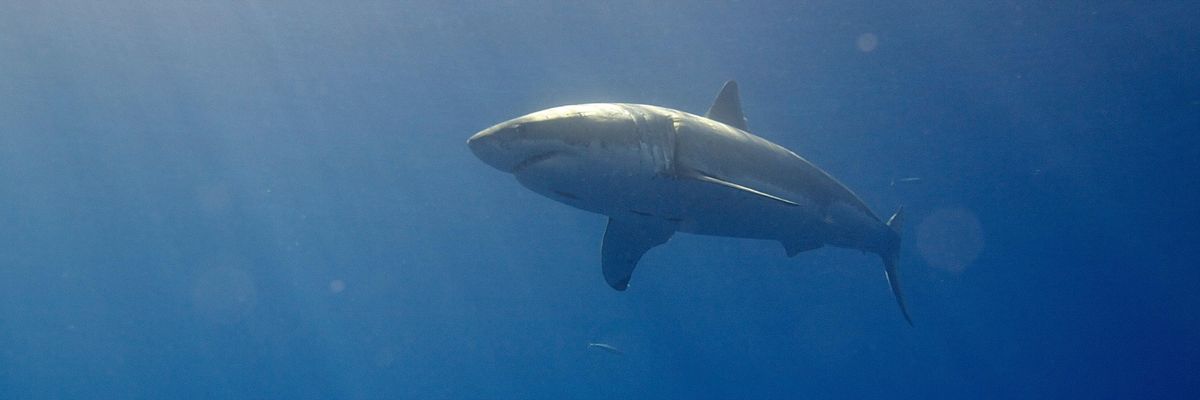Conservation advocates applauded Friday following a vote at the 19th meeting of the Convention on International Trade in Endangered Species in Panama, at which delegates from 183 countries and the European Union voted for sweeping protections for shark species.
"This landmark vote marks the culmination of a decade of shark conservation progress within CITES."
The resolution will greatly reduce the fishing industry's ability to contribute to the shark fin trade. About $500 million worth of fins are sold each year to produce shark fin soup--a delicacy popular in wealthy households in Japan, Hong Kong, and Taiwan--with just over two pounds selling for $1,000.
The 19th Conference of the Parties of CITES voted to protect 54 more shark species, including tiger, bull, and blue sharks--some of the most targeted species for the fin trade. Six hammerhead shark species will also be protected.
The species will now be listed in the CITES Appendix II, barring trade unless it is tightly regulated and sustainable. The listing is for species that are not yet threatened with extinction but which could rapidly become more endangered without strong controls.
Louis Aguirre, a Florida-based journalist focused on environmental issues, hailed the "strongest protections ever for sharks."
Shirley Binder, Panamanian delegate to the conference, told Agence France Presse that up to 90% of sharks in the fin market will now be protected.
"This landmark vote marks the culmination of a decade of shark conservation progress within CITES," said Luke Warwick, director of shark and ray conservation for the Wildlife Conservation Society, in a statement. "Now, finally, the deeply unsustainable shark fin trade will be fully regulated."
The vote signified that members of CITES "are beginning to grasp the scale of the challenge required to confront the crisis facing the natural world," said Matthew Collis, deputy vice president for conservation at the International Fund for Animal Welfare.
"Over a million species are at risk of extinction if we do not change the way we treat wildlife," said Collis. "Overexploitation of species, including through international trade, is a key contributing factor to the decline of many species."
At the two-week summit, CITES member countries also voted for new protections for the guitarfish ray, glass frogs, crocodiles, and some turtle species.




